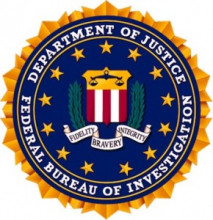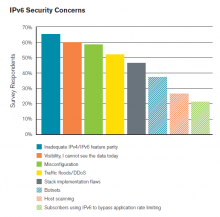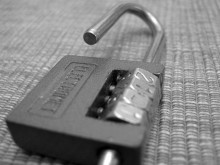51% of website traffic on the Internet is "non human"
A study released today shows that an alarming 51% of website traffic on the Internet are not actually humans but come from automated programs, most of which are malicious.
The study done by Incapsula, a provider of cloud security for websites, claims that most of this "non human" traffic is invisible because it does not show up on analytics software. The data was apparently collected from a sample of 1000 websites that are enrolled in to the Incapsula service. The breakdown of the 51% of "non-human" traffic is as follows:












































































